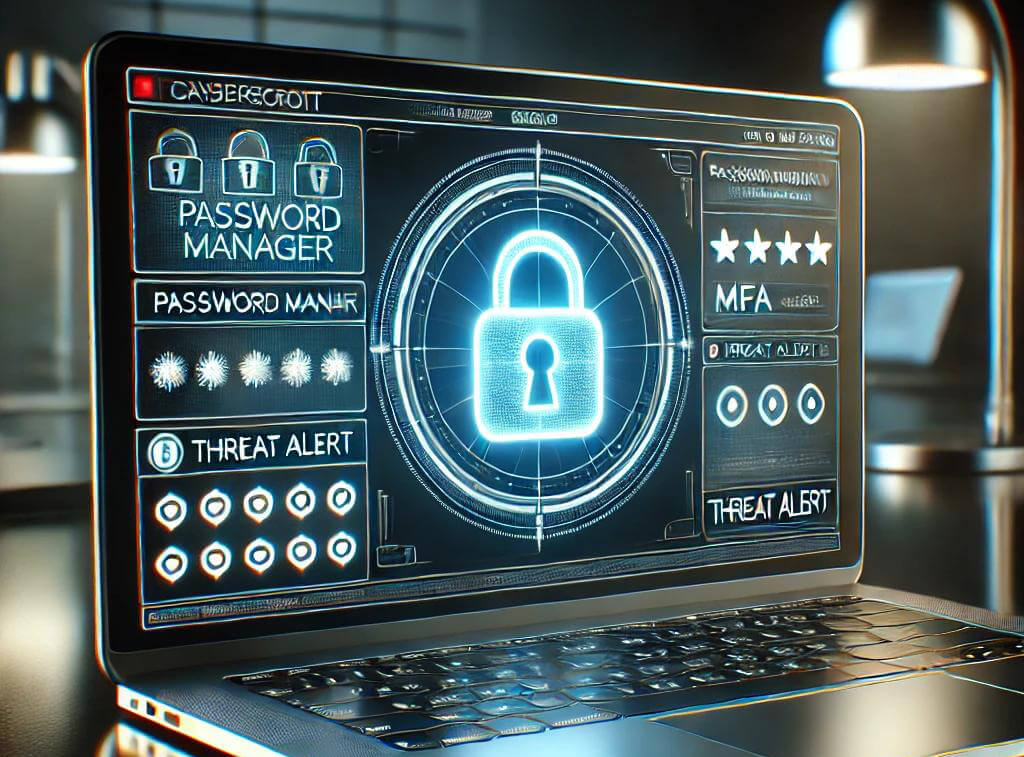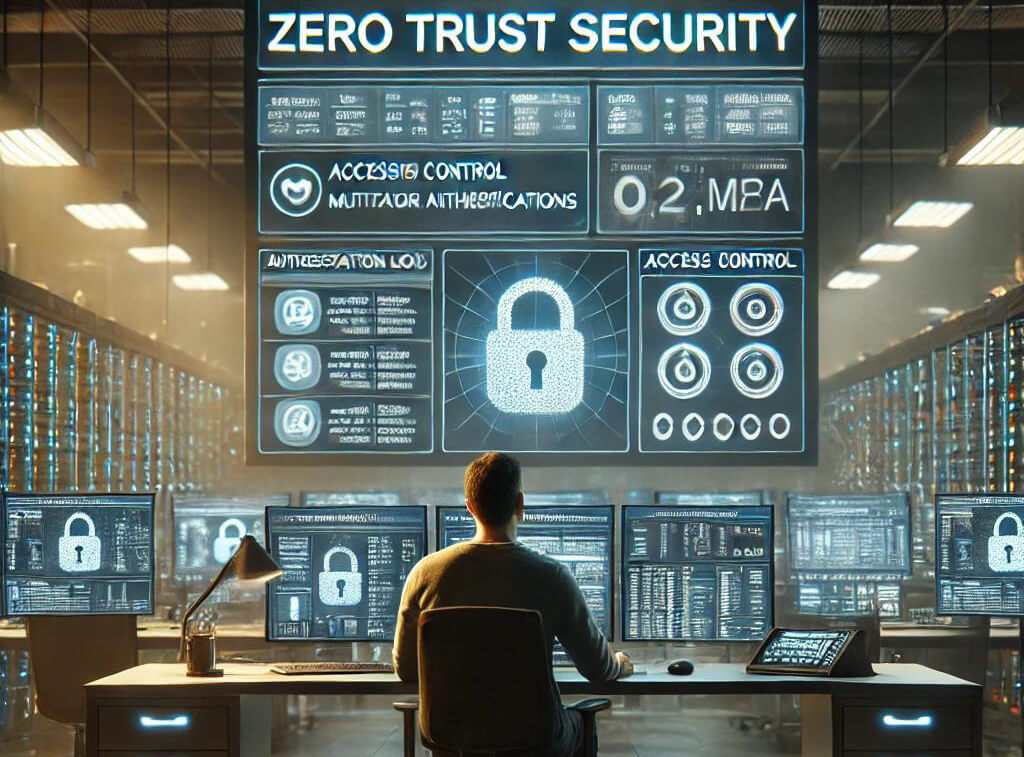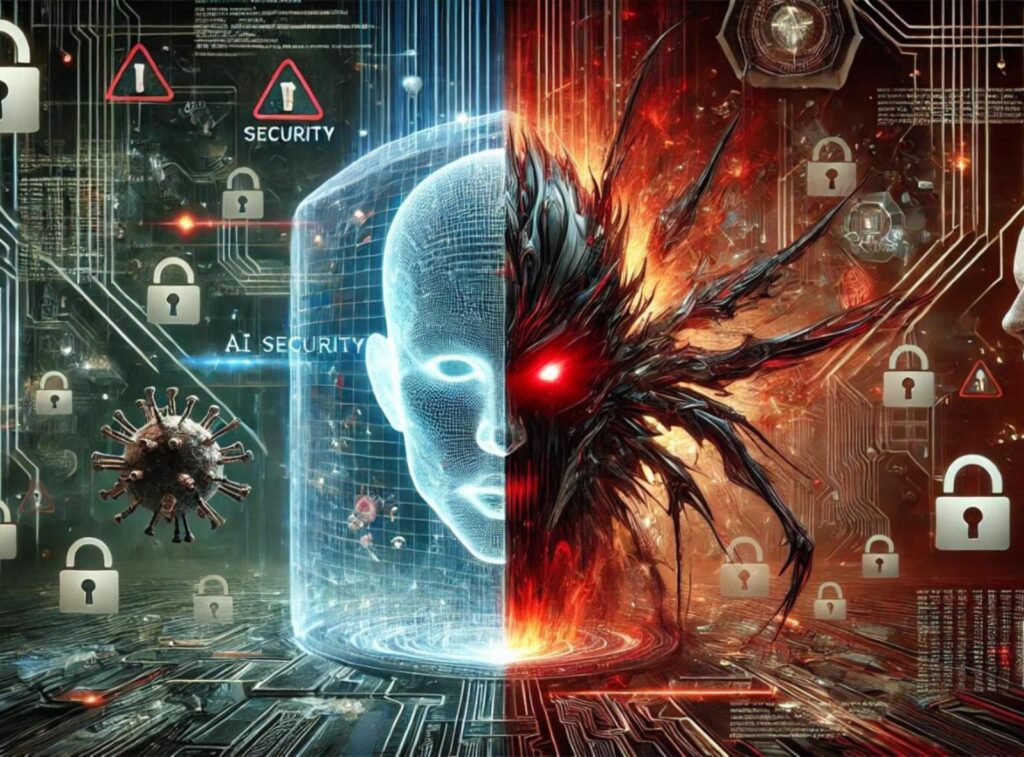In May 2021, Colonial Pipeline shut down operations, cutting off 45% of the East Coast’s fuel supply. The cause? Not a sophisticated nation-state attack—just a single leaked password. That one compromised credential, found on the dark web, let hackers in. The result: $4.4 million in ransom payments, widespread fuel shortages, and a harsh lesson in basic security failures.
Most devastating cyberattacks don’t involve zero-day exploits or cutting-edge malware. They succeed because of avoidable mistakes—weak passwords, missing multi-factor authentication (MFA), and falling for phishing scams. Yet, even as threats escalate, adoption of simple, proven defenses remains low.
- Only 23% of people use password managers** (Ponemon Institute, 2023).
- Fewer than 40% of companies enforce MFA** on all accounts.
- The average cost of a data breach hit $4.45 million in 2023** (IBM).
Cyber hygiene isn’t about complexity—it’s about getting the basics right. And right now, we’re failing at that.
The Password Problem (And How to Fix It)
Humans aren’t wired to manage passwords securely. Mark Wilson, a cybersecurity researcher at Carnegie Mellon, puts it bluntly:
“We ask people to remember unique, complex passwords for dozens of accounts. It’s not just unrealistic—it’s impossible.”
That’s why password reuse is rampant. It’s also why credential-stuffing attacks work—65% of reused credentials get cracked in cross-site attacks.
Why Password Managers Are Non-Negotiable
A password manager eliminates weak passwords by generating and storing strong, unique credentials for every account.
Today’s tools do much more than storage:
Breach monitoring alerts users when their credentials are leaked.
Secure sharing eliminates risky password handoffs via email or Slack.
Health reports identify weak or reused passwords.
Encrypted storage protects sensitive documents.
Yet, password managers still face resistance. Some fear putting all their credentials in one place, but as Elena Rodriguez, CSO at LastPass, explains:
“A well-implemented password manager is a bank vault. Password reuse? That’s leaving your house keys under the doormat.”
MFA: The 30-Second Fix That Stops Most Attacks
Jennifer Martinez learned about MFA the hard way. Her Instagram got hacked in 2022 despite having a strong password.
“I thought MFA would be annoying,” she admits. “Now I realize it would’ve made the hacker move on in seconds.”
MFA is the single most effective defense against account takeovers. Even the weakest version (SMS codes) blocks 99% of automated attacks. More secure methods, like authenticator apps and hardware keys, stop nearly all unauthorized logins.
Real-World Proof: The Financial Sector’s MFA Transformation
- Bank of America saw a 92% drop in account fraud after enforcing MFA.
- The SEC is now pressuring financial institutions to implement stronger authentication methods.
- Companies that mandate MFA see an immediate reduction in credential-based breaches.
MFA isn’t optional anymore—it’s a baseline requirement.
Phishing Is Evolving (Are You?)
Phishing attacks are no longer riddled with typos or obvious scams. They look real. They use stolen branding, deepfakes, and personal details to deceive even trained professionals.
The 2022 Uber breach proved this. Attackers spammed an employee with MFA prompts until, exhausted, they finally approved one—giving the hackers full internal access.
How to Fight Back Against Phishing
- Email filtering catches known phishing attempts.
- Security training teaches employees to recognize subtle red flags.
- Simulated phishing tests expose weaknesses before real attacks do.
- Quick reporting channels ensure fast response to suspected breaches.
Merck rebuilt its phishing defenses after a ransomware attack in 2017. Instead of generic training, employees now face role-specific phishing simulations. The result? A 94% reduction in successful phishing attempts.
Beyond Passwords: The Rise of Passkeys
Passwords are fundamentally flawed—they’re both the secret and the way to prove you know it. That’s why Apple, Google, and Microsoft are pushing for passwordless authentication using cryptographic keys.
Dr. Stephanie Baker, a cryptography expert at Oxford, explains:
“Passkeys don’t just replace passwords—they eliminate the biggest security weak point.”
How Passkeys Are Already Changing Security
- Dropbox cut account recovery requests by 70% after introducing passkeys in 2023.
- Google and Apple are integrating passkeys into their ecosystems, reducing password reliance.
- Users log in with biometrics or security keys, rather than typing credentials.
For security teams, this is the future. And it’s arriving fast.
Building Sustainable Security Habits
Technology alone won’t fix cybersecurity’s biggest weakness—human behavior. Dr. Angela Thompson, a behavioral psychologist, puts it simply:
“Fear-based messaging doesn’t work. We need to make security effortless.”
How to Build Security Habits That Stick
- Use a password manager for all accounts.
- Enable MFA everywhere possible.
- Keep software updated to patch vulnerabilities.
- Verify unexpected requests before acting.
- Back up data regularly.
- Monitor accounts for suspicious activity.
When security is intuitive, not frustrating, adoption skyrockets.
The Role of Organizations in Cyber Hygiene
The best security practices fail without company-wide adoption. Organizations that make security easy see better compliance and fewer breaches.
Training should be practical, not theoretical.
Security tools should be user-friendly, not roadblocks.
Policies should explain *why* they exist, not just mandate compliance.
Support should guide users, not punish mistakes.
When security becomes part of the culture, breaches drop dramatically.
The Future of Security Hygiene
Cyber hygiene will only become more critical as threats evolve.
Trends to Watch
- AI-powered attacks will generate hyper-personalized phishing scams.
- AI-driven defense systems will detect anomalies faster than humans.
- Quantum computing will force a transition to quantum-resistant cryptography.
- Biometric authentication will replace passwords in more sectors.
Final Thoughts: Security Isn’t Complex—Neglecting It Is Costly
The Colonial Pipeline attack showed that basic security failures can cause catastrophic consequences.
- Password managers eliminate weak credentials.
- MFA blocks the vast majority of account takeovers.
- Security awareness training reduces human errors.
- Passkeys are the future of authentication.
These aren’t “nice-to-have” protections—they’re essentials. The difference between an organization that gets breached and one that doesn’t often comes down to whether these simple steps were followed.
Security professionals must lead by example.
The most effective cybersecurity strategy isn’t waiting for the next breach—it’s preventing it before it happens.





